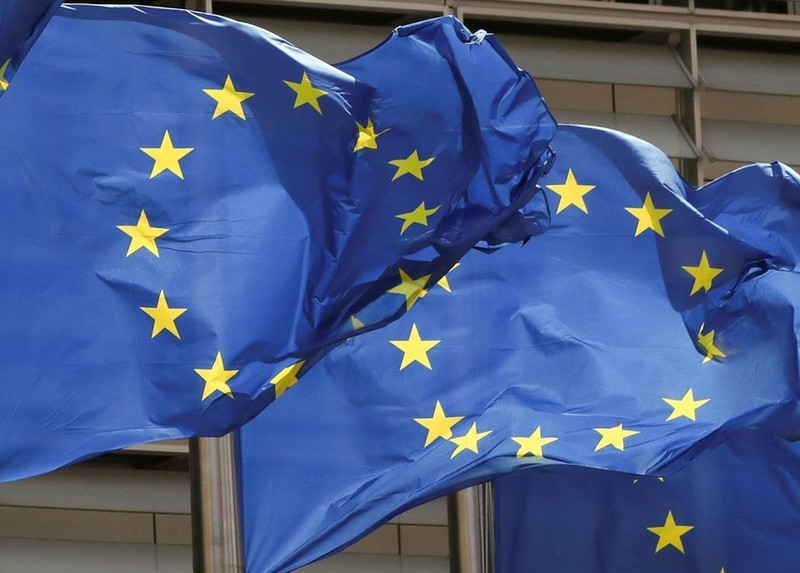In a recent statement, European Council President Charles Michel said, that next October, bloc leaders will discuss the enlargement plan. In addition, the EU-Western Balkan Summit, scheduled for next December, is expected to promote negotiations on the issue of admission of Western Balkan countries. He insisted, “So now enlargement is no longer a dream. It is time to move forward.” Charles Michel emphasised that the EU must be ready to admit new member states by 2030.
The EU's most recent enlargement took place 10 years ago. After Croatia became the European Union's 28th member state, the EU has not admitted more members.
The EU's most recent enlargement took place 10 years ago. After Croatia became the European Union's 28th member state, the EU has not admitted more members. Currently, six Western Balkan countries, including Albania, Bosnia and Herzegovina, Kosovo, Montenegro, North Macedonia and Serbia, are at different stages in the process of joining the bloc.
In 2022, Moldova and Ukraine were also given candidate status. Both countries are eager to urge Brussels to get the green light, to start accession talks later this year. Meanwhile, Georgia is still waiting to be recognised as a candidate.
EU enlargement receives support from many member states. French President Emmanuel Macron said that the EU should “maybe” evolve toward a “multi-speed” union if it wants to integrate new countries.
German Prime Minister Olaf Scholz emphasised that the EU should fulfil the promises that had been given to all candidate countries. Leaders of other member states, such as Italy, Czechia, Poland, Hungary and Slovakia, also expressed their desire to promote the admission process of Western Balkan countries, for the economic and security benefits of the bloc.
However, the EU enlargement process faces many concerns. Balkan countries have been waiting to join the "EU common roof" for many years. Albania applied for EU membership in April 2009 and was granted EU candidate status in June 2014. Serbia applied for EU membership in December 2009 and was granted EU candidate status in March 2012.
However, many opinions say that the admission of Western Balkan countries is still facing challenges. Instability and unresolved conflicts between countries, along with differences in development levels, are the main obstacles.
Currently, 7 out of 8 candidate countries have a GDP per capita lower than the poorest member of the EU. Admitting additional members whose development is too far apart can increase the weak links in the union.
To join the bloc, future member states would have to implement reforms to ensure an independent judiciary, fight organised crime and corruption and align their foreign policy with EU member states.
European Council President Charles Michel
The European Council President Charles Michel affirmed, that to join the bloc, future member states would have to implement reforms to ensure an independent judiciary, fight organised crime and corruption and align their foreign policy with EU member states.
In addition, countries wishing to join need to apply the EU's fundamental values of human rights and dignity, democracy, and solidarity. Michel emphasized that membership in the Union brings both responsibilities and benefits. To take on the responsibilities and reap the benefits in a highly competitive environment, one needs to be ready.
Some EU countries are concerned that increasing the number of members could increase pressure on the EU budget and complicate the bloc's regional aid policy and decision-making process. Furthermore, the EU is also trying to solve a series of challenges, such as the energy crisis, inflation, and economic stagnation.
The EU would need to implement some reforms, as well to be ready for enlargement.
European Council President Charles Michel
The European Council President shared the opinion of the French President, that "not reforming on our side before the next enlargement would be a fundamental mistake". Charles Michel emphasised that the EU would need to implement some reforms, as well to be ready for enlargement.
German Chancellor Olaf Scholz once called for an expanded European Union, saying that it would then be able to better pull its weight in global affairs.
However, which countries the EU will expand to, is still an open question.
According to experts, the answer largely depends on the necessary reforms of countries applying to join to meet EU criteria.
















